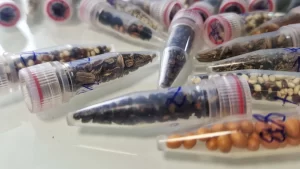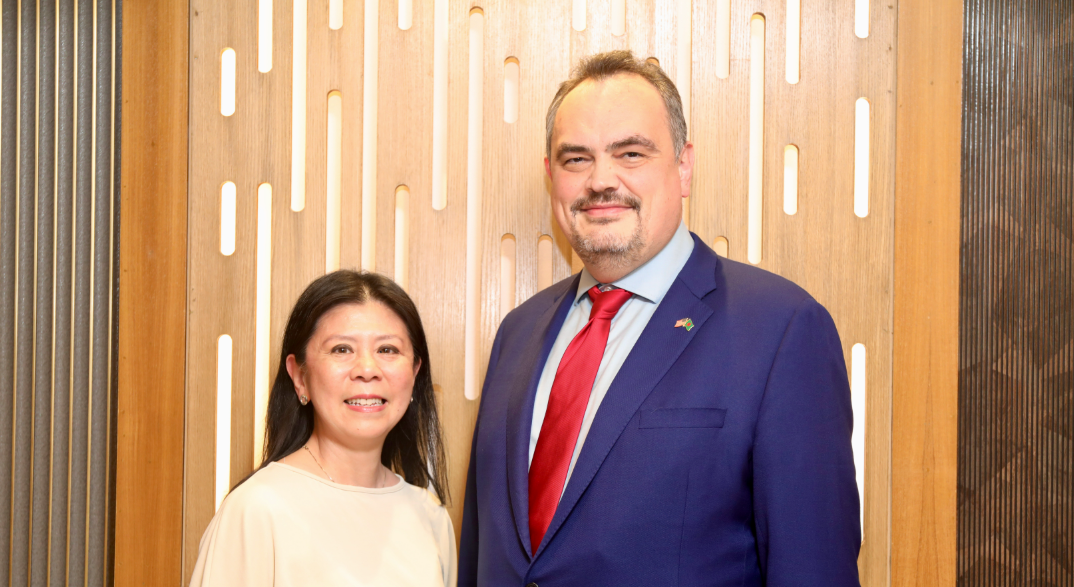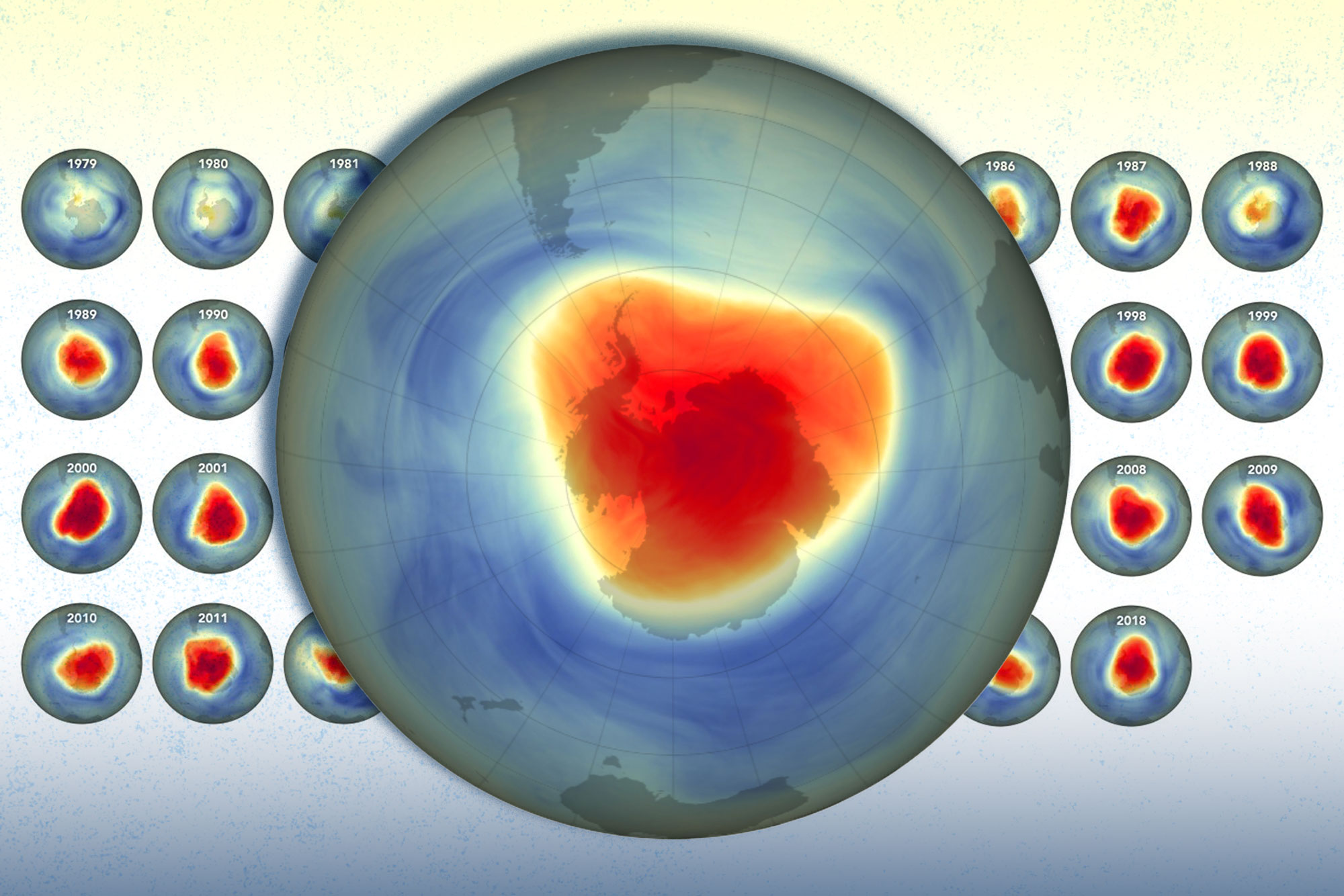Cannabis Heads to Space: Scientists Launch Seeds to Test Growth for Future Mars Missions

Scientists have launched cannabis seeds into space aboard a SpaceX Falcon 9 rocket, aiming to test their resilience under extreme cosmic radiation. The mission, which began on June 23 from California’s Vandenberg Space Force Base, involves a biological incubator called MayaSat-1 that carries hundreds of samples—including fungi, algae, human DNA, and about 150 cannabis seeds—into a polar low Earth orbit.
The project, known as Martian Grow, is led by Božidar Radišič of Slovenia’s Research Nature Institute. The goal? To examine how space exposure affects cannabis genetics and to identify if it can evolve into a reliable crop for future lunar or Martian colonies.
Why Cannabis?
Cannabis is a uniquely versatile plant—offering food, protein, textiles, building materials, and medicine. It also thrives in tough conditions, tolerates radiation, and requires relatively little water. This makes it a top candidate for cultivation in space or on other planets.

Experts like Gary Yates and NASA collaborator Dr. D. Marshall Porterfield agree that cannabis could lead the way in understanding plant responses to radiation and microgravity. Past studies show that space conditions may trigger useful genetic mutations, potentially creating new traits.
What Happens Next?
Once MayaSat-1 returns, Radišič’s team will spend two years breeding clones from the space seeds. They’ll examine potential genetic changes, study cannabinoid levels (CBD, THC), and even simulate Martian soil and gravity conditions.
While we’re far from cultivating cannabis on Mars, this experiment paves the way for critical research in space agriculture. Genoplant, the Slovenian company behind MayaSat-1, is already planning longer space-growth missions.
Scientists hope these studies will help normalize cannabis research and unlock the plant’s untapped potential—not just on Earth, but beyond.





















